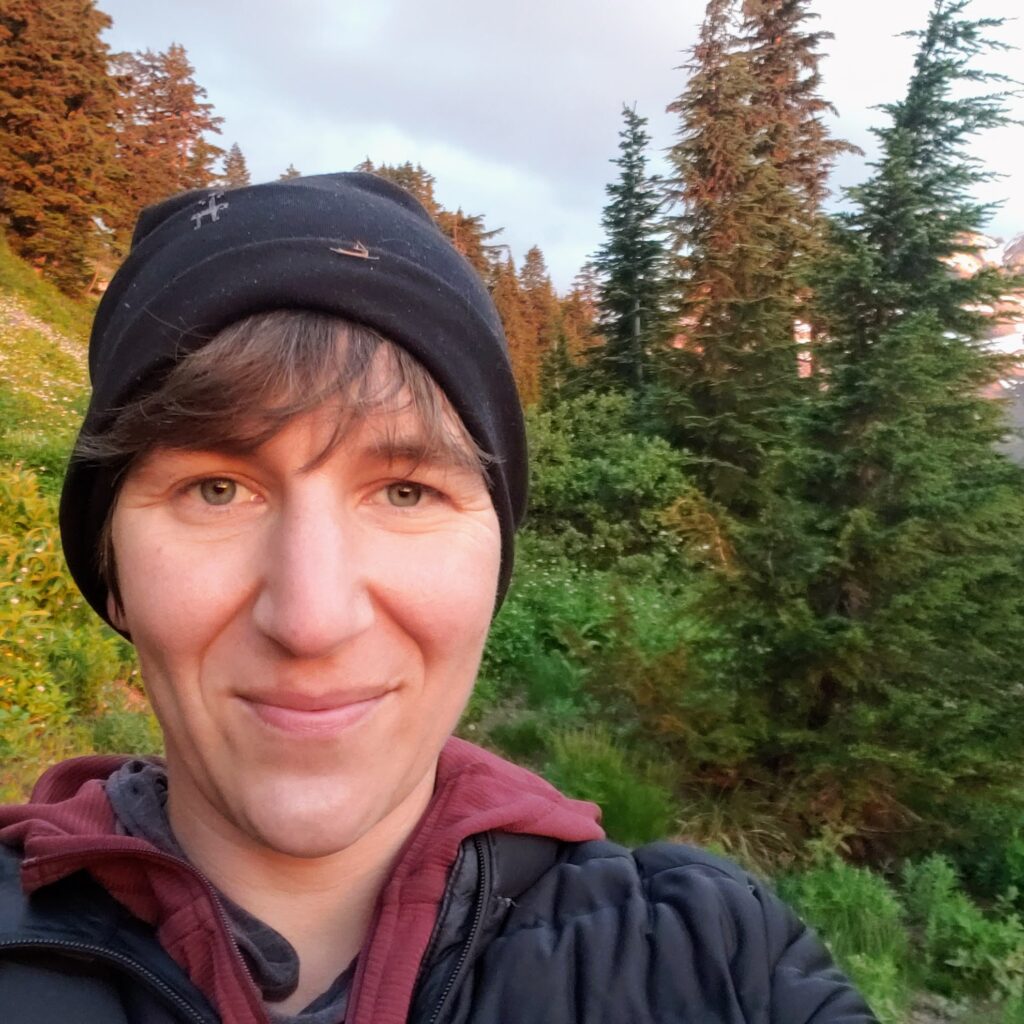By Isobel Charle
(Diego Cervo/Adobe Stock)
As word has spread about President-elect Donald Trump’s mass deportation plans, advocates for immigrants in Oregon are working to educate people about their rights.
Oregon has the longest-standing sanctuary laws in the nation, which prevent local and state law enforcement from working with federal immigration authorities without a signed order from a judge.
Johanna Costa, a civil-rights coordinator at the Oregon Department of Justice, noted that while undocumented residents have greater protection in Oregon, these laws are not foolproof.
“Oregon sanctuary law does not stop deportations from occurring,” she explained. “It does not stop federal prosecutions for crimes like unlawful re-entry.”
While they don’t block federal immigration authorities such as ICE from operating in the state, Costa said Oregon is the only state in the country that offers a hotline to report violations of the sanctuary laws. Oregon is also the only state tracking and making this data public.
Some 90,000 legal Oregon residents currently live with a family member who is undocumented. Costa recommends they learn their rights and make a plan with their family for what to do if immigration officials come to their home or stop them on the street.
“We’re not naive to the possibility of what could happen,” she said, “and we don’t want to fear monger and tell folks, ‘This is coming.’ But we also want folks to be prepared.”
Research shows undocumented immigrants are a boon to Oregon’s economy, paying more than $350 million in state and local taxes this year.
Alonso Oliveros, a program associate at Oregon Project VOICE, educates immigrant communities about their rights and works with faith and other allied groups to organize against deportation.
“Immigrants have always been used as a political scapegoat,” Oliveros said, “so we really need to be better prepared in terms of how to defend our community, how to advocate for them.”
To report a suspected violation of sanctuary laws, receive support or be connected to resources, people can start by visiting the Oregon Department of Justice website.

Isobel Charlé covers Oregon, her home for almost twenty years. Isobel has worked as a reporter for KBOO Community Radio and a freelance journalist for five years. In 2021, she graduated from the Salt Institute for Documentary Studies with a focus on radio and podcasting. A long time activist, Isobel sees journalism as part of that work and loves covering social and environmental justice movements. She aims to tell stories that inspire listeners to ask questions, make unexpected connections, and make positive change in the world. She lives in Portland, OR.
This article was published on December 6, 2024 at Public News Service.
